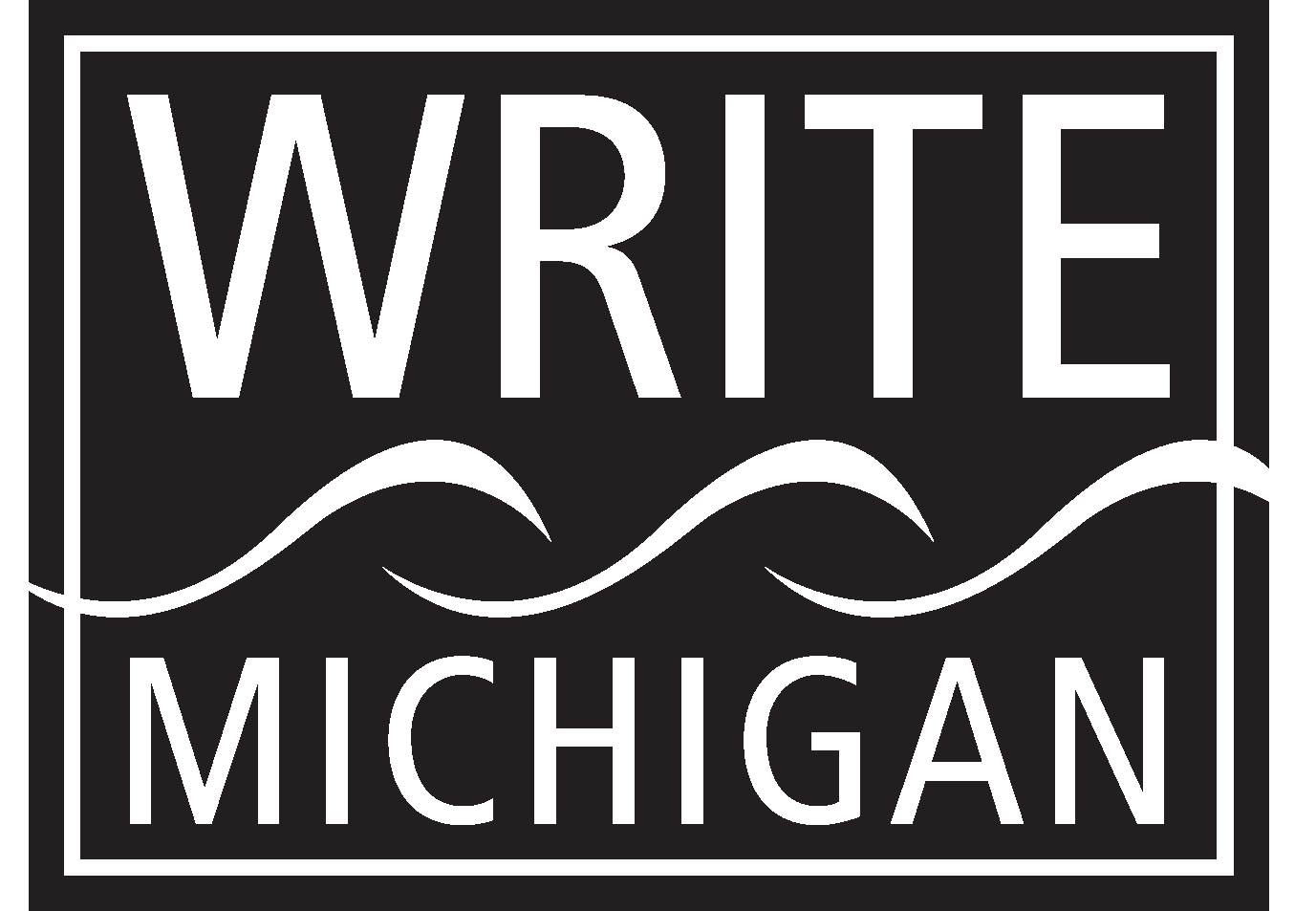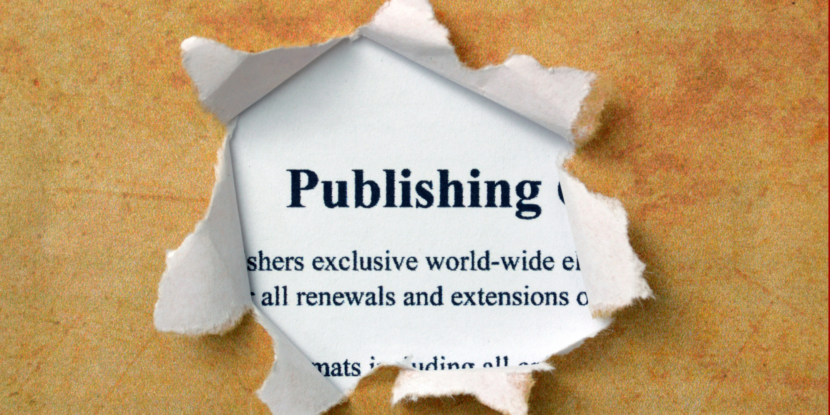By Janyre Tromp
As a hybrid author (one who’s published both indie and traditional) who is also a former acquisitions editor, I’ve had many authors ask me whether they should indie pub or try for a traditional contract.
It’s a hard question to answer because there are so many variables. But here are a few of the main concerns as you navigate the path of your publishing career.
(1) Where do you eventually want to publish?
If your goal is to publish traditionally, be aware that acquisitions editors/agents will take into account your indie (or small publisher) numbers. Your sales capacity can be a boon or a detriment depending on how well your book sells. A bad sales history is worse than no sales history. What constitutes a bad history depends on what you’ve published and what agent/editor is looking at your new book.
If you’ve no interest in publishing traditionally, well, there’s your answer! Indie publishing can be a great idea. You make more per individual book and have more creative control.
(2) Where is your audience?
Are your readers interested in indie books? Are they interested in books published by “the establishment”? Do your readers buy in bookstores (most indie published books are not regularly carried in stores or libraries)? Do you have a way to find readers without the help of a publisher?
(3) How big is your audience?
If you have a small but motivated niche audience, indie publishing might be amazing for you. Publishing houses are businesses, they have to make money…that means there’s a threshold each book must overcome in order to be considered traditionally viable.
But too small of an audience for a publisher does not mean a book won’t sell well for an indie. Remember indies don’t have to sell as many books to make money. Indie authors make far more per book than traditionally published authors. But if you have one book that you think might make a good traditional book and you hope to go that route, you might want to hold off on publishing the niche book.
(4) Do you want your books in bookstores and libraries?
One of the most powerful things about a traditional publisher is their sales network. The sales folks get your books in front of book buyers in ways that are difficult for indies to duplicate. That’s not to say indies can’t get into bookstores or libraries. It’s just harder.
(5) How much support do you want/need?
In theory, traditional publishers help authors with editorial, layout, cover, sales/marketing/PR, and lend a known imprint name.
Indies often shell out big bucks for editorial, layouts, cover design, & promotion. Are you in a place where you can afford those business expenses? And/or do you have the capability to trade services with other others? If you don’t have the time or money, indie publishing may not be for you.
(6) How comfortable are you with marketing & sales?
The sales/marketing/PR piece might be the area of publishing that is most often debated. Both traditional and indie authors are expected to market the daylights out of their books. Let’s be perfectly clear. Whichever direction you head, you, as the author, will be required to set up events, promotions, and connections. You’ll need establish promotional avenues like a newsletter, social media, speaking engagements, etc.
The differences are that indies can more easily justify buying ads (because they need to sell fewer books to offset the cost) and have a greater ability to see what’s effective so they can pivot efforts.
On the other hand, traditional authors have the backing of the sales and marketing departments of their publishing house . . . at least in theory. Be aware that publishers rank every single book for sales potential. Not every author gets the same level of assistance. Remember most publishers are businesses and will invest where they see the most benefit.
That said there is weight behind the name Berkley, Harper, [whatever] imprint in the marketplace. (I don’t necessarily agree/disagree with the statement, it’s just a general reality.) Having a publisher’s imprint lends weight to your book.
All that said, what other considerations do you have in thinking through indie vs. traditional publishing? What other questions do you have that might help clarify things?
Janyre Tromp is an award-winning veteran editor with more than twenty years of book publishing experience, spending time in both marketing and editorial. She is also the best-selling author of delicious historical suspense, including Darkness Calls the Tiger, Shadows in the Mind’s Eye, and Lovely Life. Currently she spends her days editing for both traditional publishers and indie authors, and her nights writing.
And that all happens from her unfinished basement when she’s not hanging out with her family, troublesome cats, and slightly eccentric dog. In case you’re wondering, you pronounce that first name Jan-air…kind of like the stove, but not like the book.
You can grab a free novella at her website www.JanyreTromp.com or all over social media.
Twitter: www.twitter.com/JanyreTromp
Facebook: www.facebook.com/JanyreTromp
Instagram: www.instagram/JanyreTromp
Editor Website: www.EditingInsiders.com


